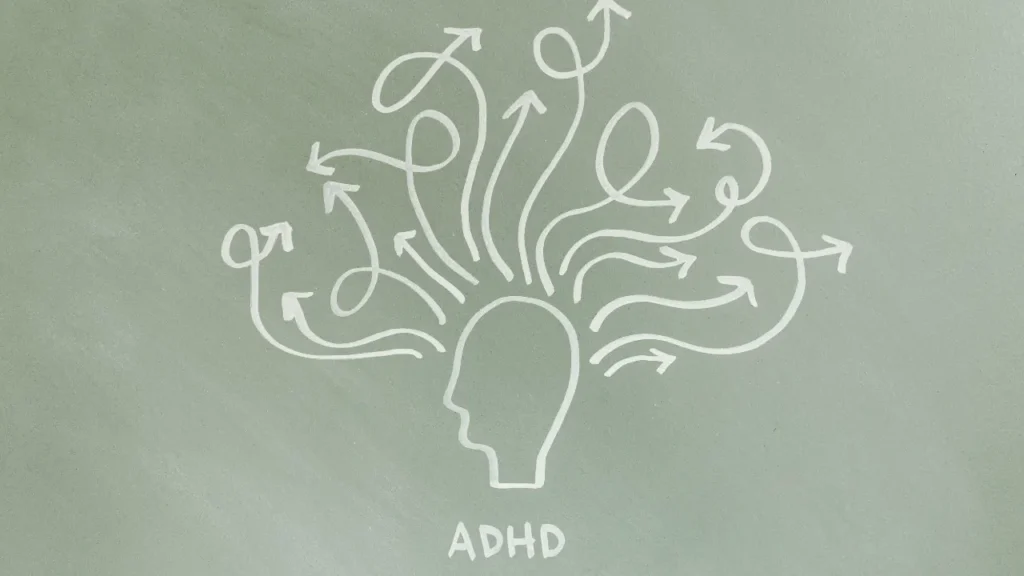The nootropic substance picamilon has become well-known for its capacity to improve alertness, focus, and cognition. Gamma-aminobutyric acid (GABA) and niacin are two naturally occurring compounds that are combined in it. Picamilon’s chemical name is N-nicotinoyl-GABA. A water-soluble substance, picamilon, may easily cross the blood-brain barrier and reach the brain, where it functions as a neurotransmitter and a vasodilator. The nature of picamilon, its health advantages, the best dosage, adverse effects, possible drug interactions, and safe use will all be covered in this article.
You May Also Like:
Dr Emil Nutrition Lion’s Mane Reviewed: A Leading Nootropic Mushroom Product
Sweet Cicely: Benefits, Dosage, Side Effects, Drug Interactions, and Other Important Information
Picamilon: Benefits, Dosage, Side Effects, Drug Interactions, And Other Important Information is an original (NootropicsPlanet) article.
Nature of Picamilon
Picamilon was created for the first time in Russia in the 1960s and used to treat several neurological diseases. It contains both niacin and GABA. GABA is an inhibitory neurotransmitter that aids in brain relaxation and anxiety reduction. Niacin, a B vitamin, is crucial for energy metabolism and brain health.
Niacin acts as a carrier for GABA, enhancing its delivery to the brain when GABA and niacin are combined, as in Picamilon. By doing so, the brain may absorb GABA more effectively, having a more significant impact than if GABA were taken alone. Within 30 to 60 minutes of consumption, picamilon reaches its highest plasma concentration in the body.
Health Benefits of Picamilon
Numerous health advantages of picamilon have been demonstrated, including:
- Increasing Cognitive Performance: Studies have shown that picamilon increases blood flow and oxygenation to the brain, which enhances cognitive performance. Additionally, it boosts the production of acetylcholine, a neurotransmitter essential for memory, learning, and attention.
- Stress and Anxiety Reduction: Picamilon has an anxiolytic effect, which helps to lessen stress and anxiety. This effect is accomplished by boosting the release of GABA, an inhibitory neurotransmitter that aids in brain relaxation.
- Increasing the Quality of Sleep: Picamilon has been demonstrated to enhance sleep quality by speeding up the process of falling asleep and lengthening the period of deep sleep. Picamilon helps to promote relaxation and sleep by raising GABA levels in the brain.
- Athletic Performance Improvement: Picamilon has been demonstrated to improve athletic performance and decrease athlete fatigue. It can reduce anxiety and stress while increasing blood flow and muscle oxygenation.

Chemistry of Picamilon
Gamma-aminobutyric acid (GABA) and niacin are two substances combined to form picamilon. GABA is a neurotransmitter essential for lowering neural excitability, contributing to mental calmness and relaxation. Niacin is a water-soluble vitamin necessary for several bodily metabolic activities.
GABA and niacin are combined to create picamilon through the esterification process. This process produces a more lipophilic (fat-soluble) substance than GABA alone, enabling it to pass the blood-brain barrier and enter the brain more readily.
Physiological Mechanisms of Action
Picamilon is thought to work by improving the transport of GABA to the brain, while its physiological mechanisms of action are still not entirely known.
GABA is an inhibitory neurotransmitter that binds to GABA receptors in the brain to lower neuronal excitability, which encourages relaxation and lessens stress and anxiety. However, the blood-brain barrier prevents GABA from passing through, limiting its utility as a supplement.
Mixing GABA and niacin helps picamilon overcome this constraint. Niacin aids in boosting cerebral blood flow, which improves GABA transport to the brain. GABA can connect to GABA receptors after it enters the brain, encouraging relaxation and lowering tension and anxiety.
Picamilon is also thought to improve cognitive function and physical performance by widening blood vessels and increasing blood flow to the brain. More studies are necessary to comprehend the physiological mechanisms of action of picamilon fully.

Optimal Dosage of Picamilon
The ideal Picamilon dosage varies depending on several variables, including age, weight, and general health. However, most research has employed daily dosages between 50 and 300 milligrams. It’s crucial to start with a low dose and gradually raise it to prevent possible adverse effects.
Side Effects of Picamilon
In general, picamilon is regarded as safe and well-tolerated. However, certain individuals may have adverse effects, such as:
- Headaches: The most frequent side effect of Picamilon is headaches, and this is because it has vasodilatory properties that may enhance blood flow to the brain.
- Nausea: Some people experience nausea as a side effect of picamilon, which usually subsides on its own and is moderate.
- Dizziness: Another potential side effect of Picamilon is dizziness. It can reduce blood pressure, reducing blood supply to the brain.
- Skin Flushing: Some people may experience skin flushing after using Picamilon. Picamilon contains niacin, which can widen blood vessels near the skin’s surface.
- Insomnia: Rarely, Picamilon may cause sleeplessness, especially if taken too close to nighttime. This is due to its mental stimulation
Before using Picamilon, you must consult a medical expert to ascertain whether it is safe for you and to go over any possible side effects or interactions with other drugs or supplements.

Potential Substance Interactions with Picamilon
Other drugs or dietary supplements, particularly those that influence blood pressure or GABA levels in the brain, may interact with picamilon. Before using Picamilon with any other medications or nutritional supplements, it is imperative to consult a medical practitioner.
Best Responsible Uses of Picamilon
Picamilon should only be used under a doctor’s supervision and in a responsible manner. To prevent any possible adverse effects, starting with a low dose and raising it gradually is crucial. To prevent insomnia, avoiding taking Picamilon too soon before bedtime is vital.
Picamilon:
Conclusion
Picamilon offers several potential health benefits supported by scientific research and clinical studies. Some research suggests that picamilon may be beneficial for individuals with attention deficit disorders, such as ADHD. Preliminary studies indicate that picamilon may have potential as a treatment for migraines. Picamilon is a promising option for individuals seeking cognitive enhancement, stress relief, and mood stabilization. While further research is needed to elucidate its mechanisms of action and clinical efficacy fully, picamilon holds potential as a safe and effective nootropic and anxiolytic agent for supporting brain health and overall well-being.

References:
- Treatment of patients with chronic cerebral ischemia: experience of using the combined neuroprotective drug Picamilon Ginkgo. Link: https://pubmed.ncbi.nlm.nih.gov/36168693/
- Picamilon. Link: https://en.wikipedia.org/wiki/Picamilon
- Determination of picamilon concentration in human plasma by liquid chromatography–tandem mass spectrometry. Link: https://www.sciencedirect.com/science/article/abs/pii/S1570023210001479
- Picamilon: What Is This Drug, Its Usage, Dosage and Side Effects. Link: https://healthnews.com/family-health/drugs/picamilon-uses-and-side-effects/
Important Note: The information contained in this article is for general informational purposes only, and should not be construed as health or medical advice, nor is it intended to diagnose, prevent, treat, or cure any disease or health condition. Before embarking on any diet, fitness regimen, or program of nutritional supplementation, it is advisable to consult your healthcare professional in order to determine its safety and probable efficacy in terms of your individual state of health.
Regarding Nutritional Supplements Or Other Non-Prescription Health Products: If any nutritional supplements or other non-prescription health products are mentioned in the foregoing article, any claims or statements made about them have not been evaluated by the U.S. Food and Drug Administration, and such nutritional supplements or other health products are not intended to diagnose, treat, cure, or prevent any disease.


